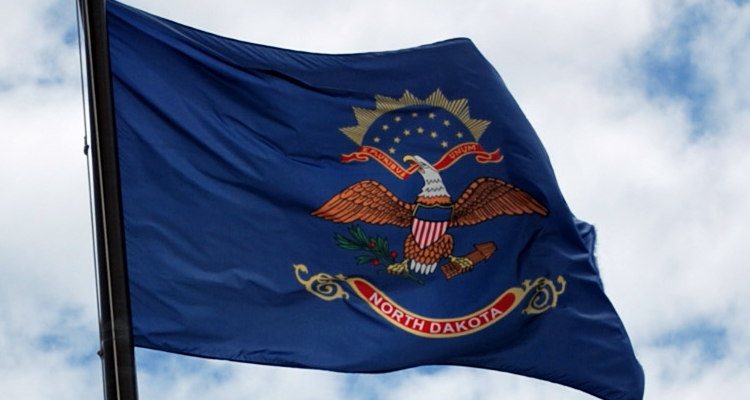In North Dakota, controversial legislation that would ask voters to amend the state’s constitution in order to open a maximum of six state-owned casinos has reportedly suffered its first set-back after being sent back to committee.
According to a report from The Bismarck Tribune newspaper, House Concurrent Resolution 3033 was proposed earlier this month by Al Carlson from the North Dakota House Of Representatives and would see voters in the northern state balloted on whether to open the six first-of-their-kind non-aboriginal casinos.
After being referred to the full North Dakota House Of Representatives by a voice vote initiated by legislator Don Vigesaa on Thursday, Carlson’s legislation was subsequently sent back to the House Judiciary Committee, which had given it a “do not pass” recommendation only the day before courtesy of a 13-2 vote.
The current constitution of North Dakota reportedly prevents legislators from authorizing “any game of chance, lottery or gift enterprise” but it does allow charitable gaming while also permitting the state of only 758,000 people to join multi-jurisdiction lotteries. But, superior federal laws sanction the running of casinos on tribal lands and there are currently over a dozen such venues in the Midwestern state including the Sky Dancer Casino And Resort in Rolette County from the Turtle Mountain Band Of Chippewa Indians and the Standing Rock Sioux Tribe’s Prairie Knights Casino And Resort near the small town of Fort Yates.
Carlson’s proposal has met with harsh criticism from many who feel that it is little more than pay-back for the millions of dollars Bismarck has been forced to shell out in order to police protests connected with the controversial Dakota Access Pipeline project while North Dakota State Senator Richard Marcellais even recently referred to the legislation as “racist” against tribal peoples.
Should the Republican’s legislation ever be passed by both legislative chambers and signed into law by governor Doug Burgum, the newspaper reported that the six non-tribal casinos could be located anywhere in the state so long as they are at least 40 miles away from a tribal reservation.



